Review of the Day: When Thunder Comes by J. Patrick Lewis
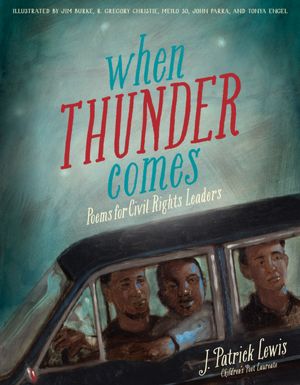 When Thunder Comes: Poems for Civil Rights Leaders
When Thunder Comes: Poems for Civil Rights Leaders
By J. Patrick Lewis
Illustrated by Jim Burke, R. Gregory Christie, Tonya Engel, John Parra, and Meilo So
Chronicle Books
$16.99
ISBN: 978-1-4521-0119-4
Ages 10 and up
On shelves now
Poetry is of the people by its very definition. Though sometimes considered the property of the elite (usually by folks who were forced to eat poetry unfiltered in high school by bored teachers) at its best it is a format that any human with a sense of rhythm and/or timing can use to their advantage. Poetry is the voice of people who are oppressed. When Chinese immigrants found themselves detained for weeks on end on Angel Island, they scratched poetry into the very walls of the building. Not curses. Not cries. Poems. It seems fitting then that J. Patrick Lewis should cull together poems to best celebrate “civil rights leaders” both known and unknown. People of different races, creeds, religions, and even sexualities are celebrated in a book that can only be honestly called what it is: one-of-a-kind.
ADVERTISEMENT
ADVERTISEMENT
Seventeen people. That doesn’t sound like a lot of folks. Seventeen people turning the tide of history and oppression. Seventeen individuals who made a difference and continue to make a difference every day. And to accompany them, seventeen poems by a former Children’s Poet Laureate. In When Thunder Comes, J. Patrick Lewis highlights heroes of every stripe. And, in doing so, lets young readers know what a hero truly is.
 Lewis isn’t phoning this one in. These poems are straight up honest-to-god works of poetry. Though the book is a mere 44 pages or so, its picture book size is misleading indeed. Consider this poem about Aung San Suu Kyi containing the following lines: “When a cyclone flicked off the roof of my prison / like the Queen of Hearts, turning my life to shame / and candle, the General had a mole removed. / When they added four words to the constitution – / my name – to bar me from ever running for office, / the General signed it with his fingernail made of / diamonds and disgust.” We’re on beyond nursery rhymes and patter here. There are also individual lines you just can’t help but admire. I like this one about Nelson Mandela in particular: “It is as if he’s landed on the moon / Five years before the actual event.”
Lewis isn’t phoning this one in. These poems are straight up honest-to-god works of poetry. Though the book is a mere 44 pages or so, its picture book size is misleading indeed. Consider this poem about Aung San Suu Kyi containing the following lines: “When a cyclone flicked off the roof of my prison / like the Queen of Hearts, turning my life to shame / and candle, the General had a mole removed. / When they added four words to the constitution – / my name – to bar me from ever running for office, / the General signed it with his fingernail made of / diamonds and disgust.” We’re on beyond nursery rhymes and patter here. There are also individual lines you just can’t help but admire. I like this one about Nelson Mandela in particular: “It is as if he’s landed on the moon / Five years before the actual event.”
The content is noticeably more mature as well. Kids have plenty of books to choose between when it comes to the Freedom Riders and Walkers, but the deaths of James Chaney, Andrew Goodman, and Michael Schwerner are dark as dark can be. That poem is told, not in broken up sections, but as a single long, square paragraph. Other ideas, like Muhammad Yunus and his microcredit system or Harvey Milk and his fight for gay rights require a bit more worldly knowledge on the part of readers.
 Lewis makes some interesting choices along the way. He’s careful to include familiar names (Gandhi, Nelson Mandela, Jackie Robinson, etc.) alongside lesser-known figures (Aung San Suu Kyi, Helen Zia, Ellison Onizuka, etc.). Some are living, some long dead. Each person has a title (“activist”, “auntie”, etc.). For “the innocent” he names Mamie Carthan Till but not her son, Emmett. At first I was confused by the choice, but the end matter made it clear that it was Mrs. Till that insisted that her son’s funeral be an open casket affair. An act of rebellion in and of itself. And this is undoubtedly the first book for children I’ve read that made special note of Harvey Milk. I know that some smaller presses have highlighted him in the past, but it’s particularly satisfying in this day and age to see him properly named and credited. A sign of the times, if you will.
Lewis makes some interesting choices along the way. He’s careful to include familiar names (Gandhi, Nelson Mandela, Jackie Robinson, etc.) alongside lesser-known figures (Aung San Suu Kyi, Helen Zia, Ellison Onizuka, etc.). Some are living, some long dead. Each person has a title (“activist”, “auntie”, etc.). For “the innocent” he names Mamie Carthan Till but not her son, Emmett. At first I was confused by the choice, but the end matter made it clear that it was Mrs. Till that insisted that her son’s funeral be an open casket affair. An act of rebellion in and of itself. And this is undoubtedly the first book for children I’ve read that made special note of Harvey Milk. I know that some smaller presses have highlighted him in the past, but it’s particularly satisfying in this day and age to see him properly named and credited. A sign of the times, if you will.
Another thing I like about the book is its ability to highlight individuals that should be, and are not, household names. If Sylvia Mendez truly paved the way for Brown v. Board of Education, why isn’t Mendez v. Westminster better known? Certainly the book is ideal for writing assignments. The poems vary in terms of style, and I can see teachers everywhere assigning even more too little lauded heroes to their students, asking them to cultivate poems of their own. It would have been nice if somewhere in the book it said what the types of poems featured were (villanelles don’t come along in children’s books every day, after all). Teachers hoping to make connections between some of the subjects then and now might also point out things like how Emmett Till bought candy prior to his death, not unlike a more contemporary hoodied young man.
 Of the various objections I’ve heard leveled against this book, there is the problem that each piece of art is not directly credited to its artist. Meilo So’s style is recognizable enough. Ditto R. Gregory Christie. But who did that image of Josh Gibson? Or Dennis James Banks for that matter? Now, the artists are listed on the publication page with references to their images, but since the book itself isn’t paginated this isn’t as useful as it might be. And some of the images work better than others, of course. While I wasn’t as taken with the images of Coretta Scott King, Mamie Carthan Till, or Dennis James Banks, I really liked Josh Gibson wearing his “Grays” garb, standing against a sky full of clouds. A different librarian objected to the fact that the three men murdered by the Klan in 1964 are featured with very similar, dark skin tones. I see the point, but since the shot is taken at night and the whole of the image is itself dark, this didn’t worry me as much.
Of the various objections I’ve heard leveled against this book, there is the problem that each piece of art is not directly credited to its artist. Meilo So’s style is recognizable enough. Ditto R. Gregory Christie. But who did that image of Josh Gibson? Or Dennis James Banks for that matter? Now, the artists are listed on the publication page with references to their images, but since the book itself isn’t paginated this isn’t as useful as it might be. And some of the images work better than others, of course. While I wasn’t as taken with the images of Coretta Scott King, Mamie Carthan Till, or Dennis James Banks, I really liked Josh Gibson wearing his “Grays” garb, standing against a sky full of clouds. A different librarian objected to the fact that the three men murdered by the Klan in 1964 are featured with very similar, dark skin tones. I see the point, but since the shot is taken at night and the whole of the image is itself dark, this didn’t worry me as much.
In many ways the book most similar to this is Marilyn Singer’s recent Rutherford B., Who Was He?: Poems About Our Presidents Like Singer’s book, Lewis presents the poems and people first and then provides an explanation of who they were at the end. Both give new slants on old names. But for all that, Lewis’s book is unique. Maybe not 100% perfect, but chock full of better poetry than you’ll find in a lot of children’s rooms, highlighting folks that deserve a little additional attention. Certainly bound to be of use to teachers, parents, and kids with an eye towards honest-to-goodness heroism. A lovely addition, no matter where you might be.
On shelves now.
Source: Reviewed from library copy.
Like This? Then Try:
- We Are America by Walter Dean Myers
- This Is the Dream by Diana ZuHone Shore
- Rutherford B: Who Was He?: Poems About Our Presidents by Marilyn Singer
Filed under: Reviews, Reviews 2013
About Betsy Bird
Betsy Bird is currently the Collection Development Manager of the Evanston Public Library system and a former Materials Specialist for New York Public Library. She has served on Newbery, written for Horn Book, and has done other lovely little things that she'd love to tell you about but that she's sure you'd find more interesting to hear of in person. Her opinions are her own and do not reflect those of EPL, SLJ, or any of the other acronyms you might be able to name. Follow her on Twitter: @fuseeight.
ADVERTISEMENT
ADVERTISEMENT
SLJ Blog Network
The Moral Dilemma of THE MONSTER AT THE END OF THIS BOOK
Winnie-The-Pooh | Review
Parsing Religion in Public Schools
ADVERTISEMENT



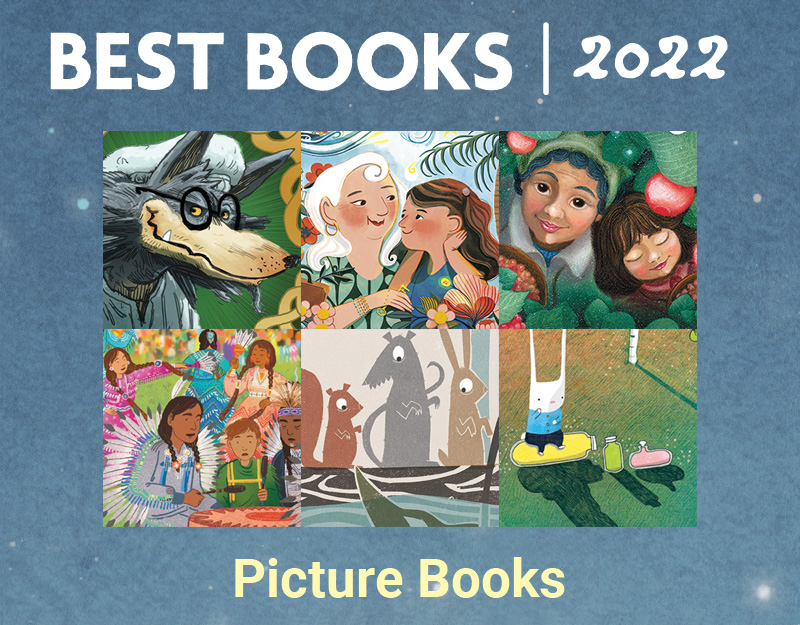
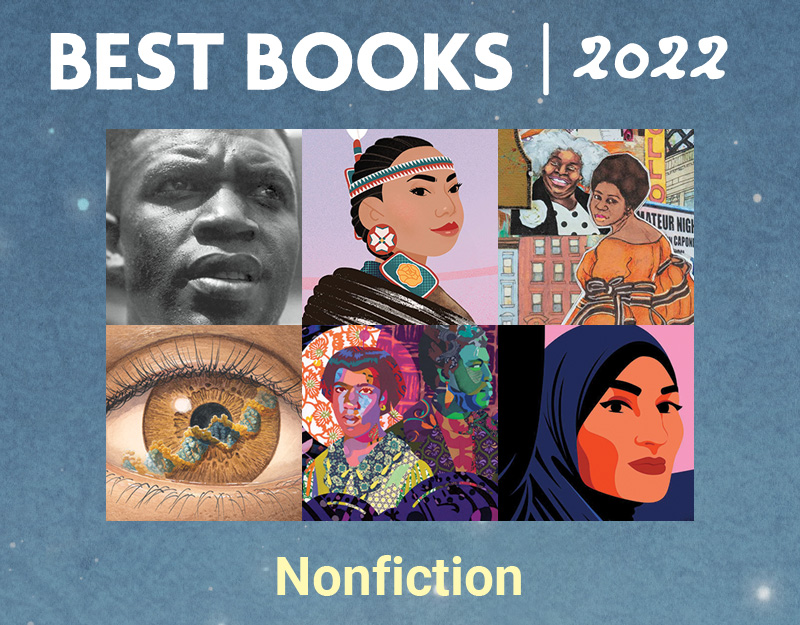
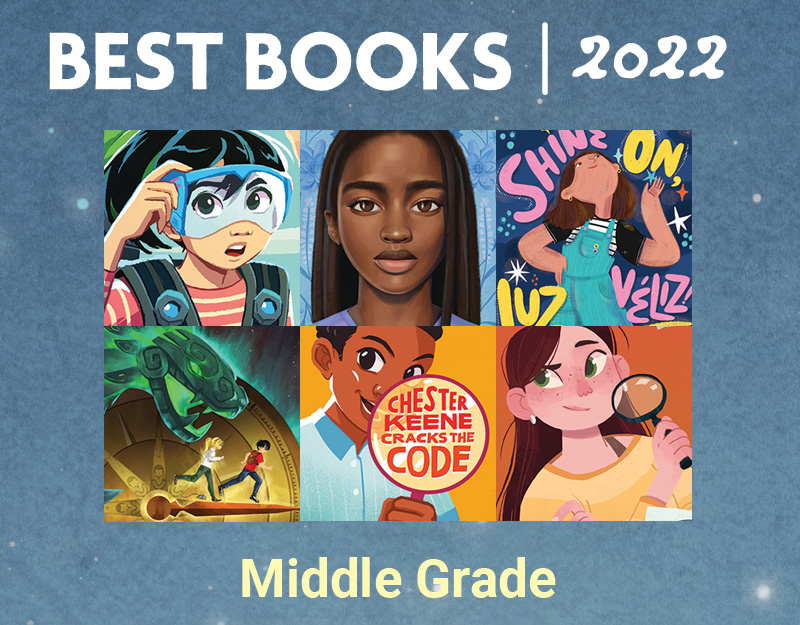
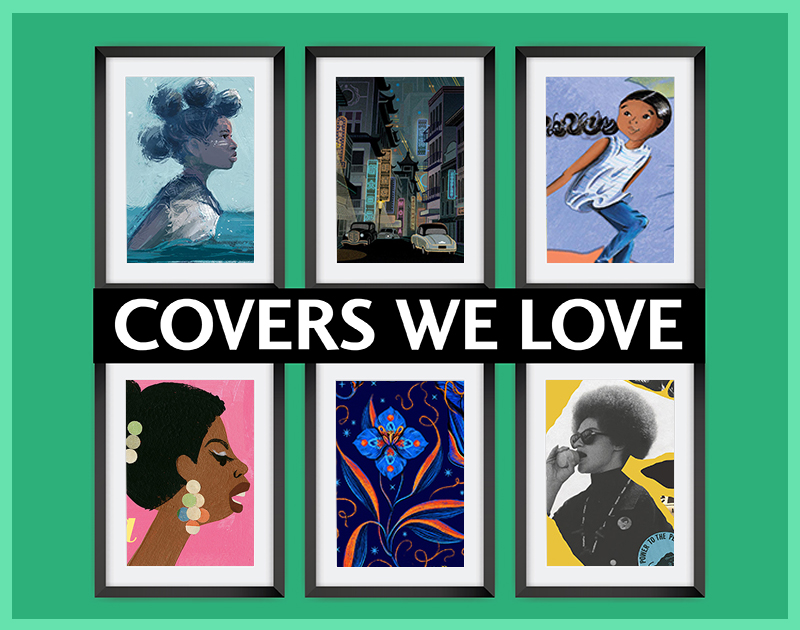
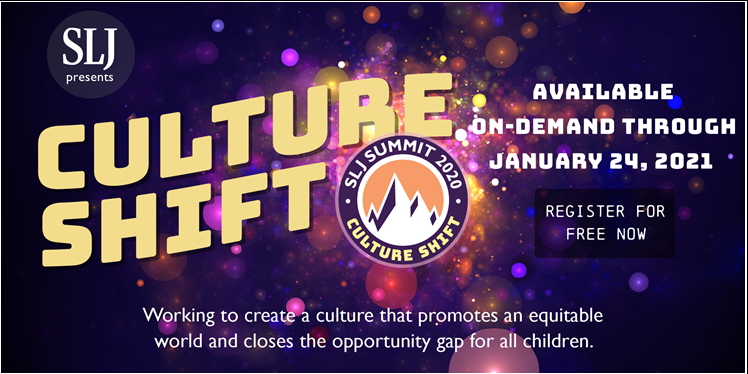
If you’re looking for more connections to Sylvia Mendez, there’s a children’s book called Sylvia and Aki by Winifred Conkling. The house Sylvia was living in during the case was available to rent in the first place because the previous owners had been forcibly removed to a Japanese internment camp. The book parallels Sylvia’s family’s journey towards justice with that of Aki, the young daughter of the Japanese family pushed out of their house.